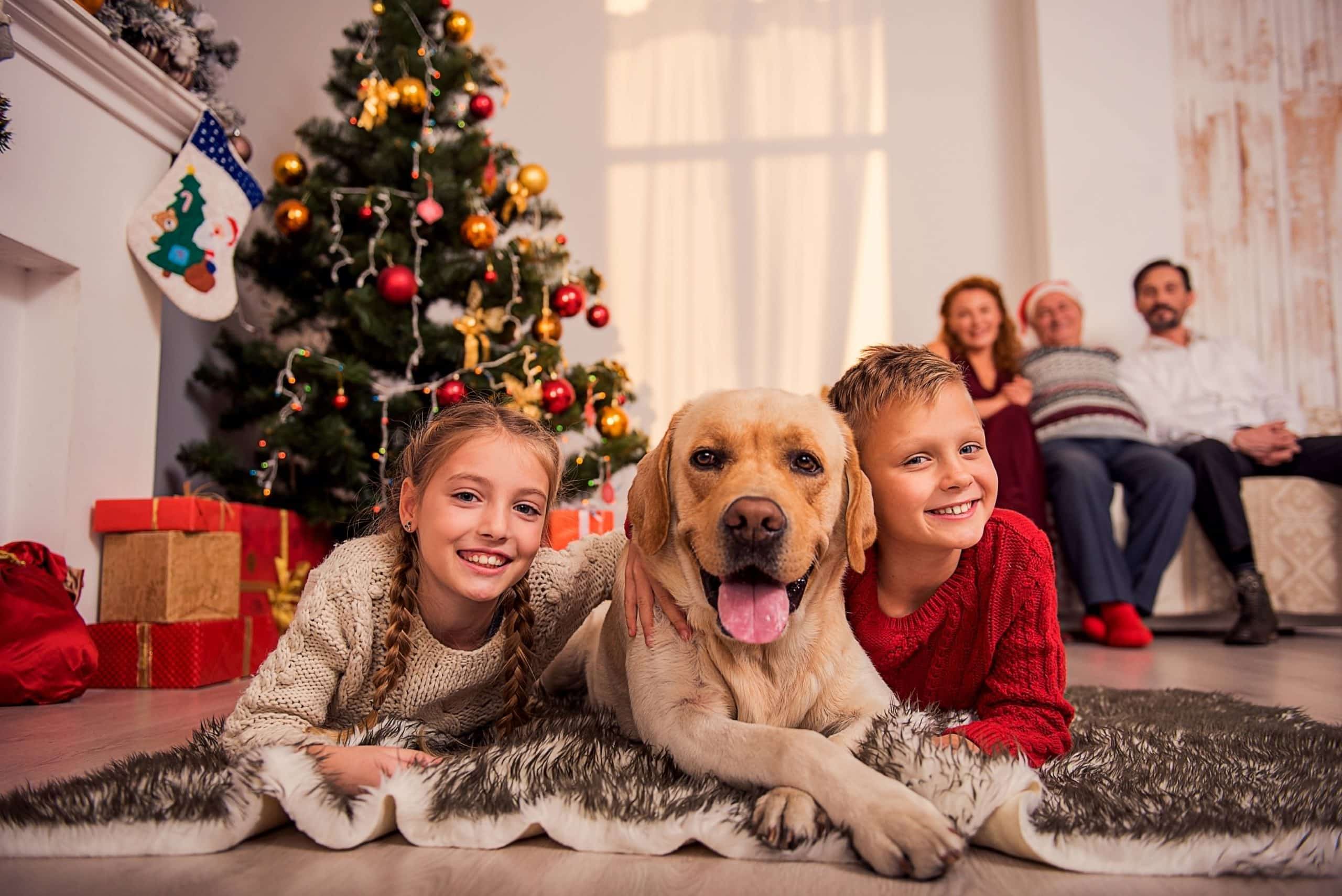Is Your Dog Really Happy or Stressed?
Did you know that what seems like excitement in your dog might actually be stress?
Many people mistake hyperactive behavior for happiness, but in reality, your dog might be feeling overwhelmed or anxious. The difference between a truly happy dog and a stressed one lies in their mental state. A happy dog can exhibit high physical energy (like during play or running) while remaining calm and focused. A stressed dog, however, often displays chaotic energy and struggles with self-control.
Overexcitement and overstimulation aren’t healthy for dogs—they signal a need for balance. When left unchecked, these states can lead to obsessive or problematic behaviors as the dog tries to self-soothe.
As owners, it’s our job to help dogs maintain a calm, balanced mindset. This is their natural state and essential for their overall well-being. It’s important to understand and recognize the signs of stress versus joy, and know when to step in and support your dog.
Are You Adding to the Chaos?
Sometimes, without realizing it, we create the very energy we need to avoid. Think about moments when you come home, have visitors, or arrive at the dog park. If you’re bringing intense excitement to these situations, your dog will mirror that energy—sometimes to the point of overload. In extreme cases, this can even lead to fight-or-flight reactions.
Ask yourself: Are you exciting your dog for their benefit or your own? A calm, steady approach can go a long way in preventing overstimulation.
Misunderstanding Overwhelmed Dogs
Some dogs, especially sensitive, insecure, or introverted ones, may act hyperactive as a coping mechanism when they’re overwhelmed. Owners often misinterpret this behaviour as enthusiasm. For example:
- “He loves the dog park; he goes nuts when we get there!” In reality, many dogs find the high-energy environment overwhelming and would prefer a quiet walk or one-on-one interactions.
- Licking or jumping when someone pets them might not be excitement but rather a subtle plea for personal space.
Not every dog thrives in the same situations, and it’s okay if your dog doesn’t love rowdy play or constant attention. Just like us, dogs have their own personalities—some are extroverts, while others are introverts.
The Key to Balance
What surprises many dog owners is how much their own behavior, energy, and expectations influence their dog’s mindset. Managing the environment and adjusting your own approach are just as important as addressing your dog’s behavior. By recognizing these factors, you can remove pressure from both yourself and your dog, creating a peaceful yet joyful dynamic.
If you’re struggling with complex behaviors, professional guidance can help. A tailored plan can reset the relationship and pave the way for a more balanced and harmonious life together.
Remember, a happy dog isn’t just one that’s running around with boundless energy—it’s one that’s calm, secure, and thriving in a peaceful, supportive environment.



